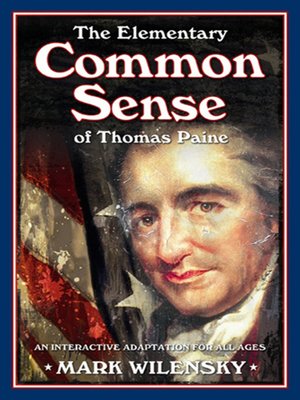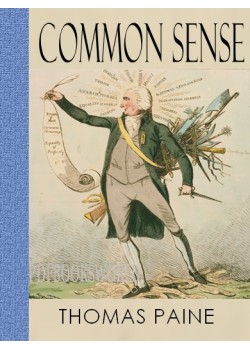

Despite their historic differences with their royal governors and Parliament in London, the colonists nevertheless believed that they were part of the world’s freest political regime. The struggle for survival had ideological as well as economic and geopolitical dimensions: the colonists saw themselves as part of an Anglo-American Protestant bulwark of liberty against the aggressive designs of continental tyranny and Popery, which aimed to create a Universal Monarchy. The colonies were also deeply integrated into the trans-Atlantic economic system of the Empire there seemed no other choice in a world dominated by mercantilist policies. France, Spain, and their native allies in the New World constantly threatened the colonies’ physical existence.

Heretofore, for reasons of security and economics, the colonists of British North America assumed that their security, prosperity, and liberties had to be achieved within the British Empire. Paine’s case for independence included, inter alia, the argument that the united colonies would be able to maintain their security in a hostile world – and also what proved to be enduring, and controversial, assertions about America’s place in that world. Paine effectively publicized the basic argument that Patriots like John Adams and Richard Henry Lee had been making privately in the Continental Congress – that the cause of the British North American colonies could be achieved only by declaring their independence from Great Britain, and not through continued attempts at reconciliation with the home country. Thomas Paine’s pamphlet, Common Sense, published in Philadelphia in January 1776, is properly recognized as a major turning point in the American Revolution.


 0 kommentar(er)
0 kommentar(er)
